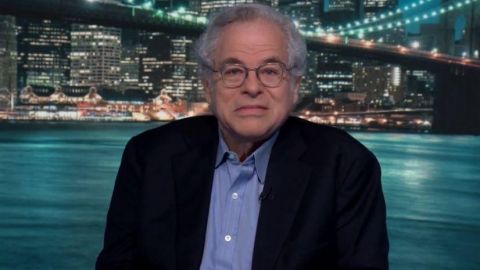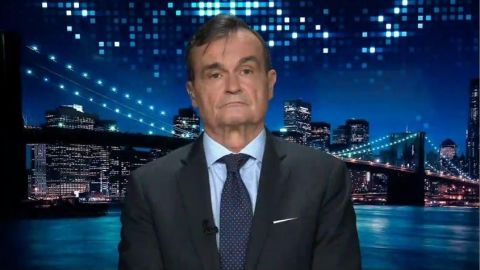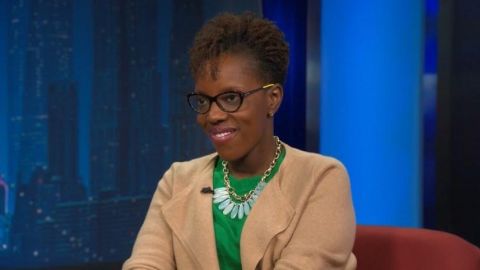Read Transcript EXPAND
CHRISTIANE AMANPOUR: I want to ask you from the very beginning. I mean, you were three, I think, when you were first drawn to the violin and picked up a
violin. How on earth did you know at such a young age? What was it about the violin that attracted you?
ITZHAK PERLMAN, VIOLINIST AND CONDUCTOR: Well, it’s very simple, it’s just the sound. I heard it on the radio and I said to my parents, “I want to do this.” Very, very simple.
And not everybody has the same reaction to sound. And some people react to the piano, they say, “I want to be a pianist,” or some people react to a
flute or to a — I know somebody who actually reacted to the sound of a bass, contrabass. I heard the — some very sweet wonderful renditions of
some violin music, and I said, “I want to do that.”
AMANPOUR: Even at three years old? I mean, it is incredible.
PERLMAN: I didn’t start actually until I was almost five.
AMANPOUR: Yes.
PERLMAN: But at three, I — it was a very old —
AMANPOUR: Yes. The grand old age of five. But how difficult it must have been? I mean, the violin, you know, you can love it or hate it, but it’s
still a very difficult instrument to play.
PERLMAN: Well, the violin — you are absolutely correct. The violin is — when you compare — let’s say, I always like to compare violin to piano.
Not that I’m belittling the difficulty of pianists, but in the beginning when you want to make a sound or you want to play a little tune, a simple
tune like “Twinkle, Twinkle,” you can actually do it on the piano and actually produce a sound.
If you want to do the same thing on a violin, not so easy. Now, because you have to know where the bow is, you know to make sure where your fingers
are, it has to be in tune. It’s very complicated
AMANPOUR: Did you ever feel that you were playing the violin too much and playing with your friends too little?
PERLMAN: No, I did that. I did both. You know, a typical day for me was to actually go to school until around 12:00, 12:30, and then I would have
lunch and then I would practice, you know, two, three hours, three hours sometimes, and then I would play with my friends. I would have like maybe
an hour of playing with friends and then it was dinnertime and then it was homework. So, it was a full day.
AMANPOUR: I mean, it really was a full day.
PERLMAN: Yes.
AMANPOUR: Itzhak, we haven’t even said that at four — at the age of four, you were attacked by polio.
PERLMAN: Right.
AMANPOUR: Did it force you to be more passionate about the violin? What effect did it have on you?
PERLMAN: Well, I’ll tell you, I wanted to play the violin, and it’s just a few months later is that when the polio happened.
About This Episode EXPAND
Adel al-Jubeir speaks with Christiane Amanpour about Jamal Khashoggi’s murder. Gerard Araud joins the program to discuss the role of America’s European allies in tense Iran-U.S. relations. Violinist and conductor Itzhak Perlman joins Christiane to discuss the next generation of violinists. Alicia Menendez speaks with Aisha Nyandoro, CEO of Springboard To Opportunities.
LEARN MORE



